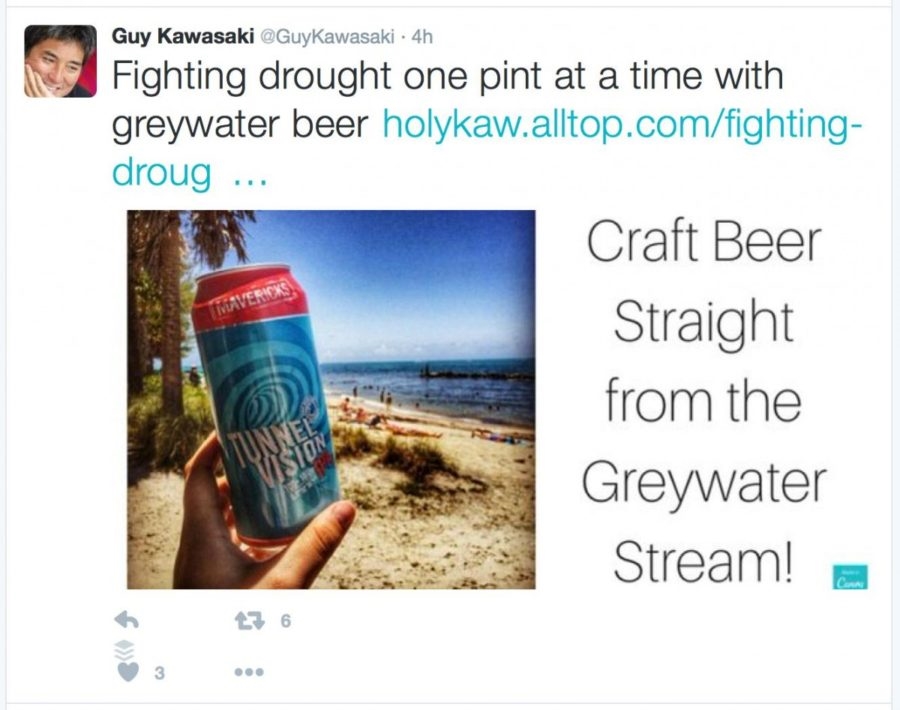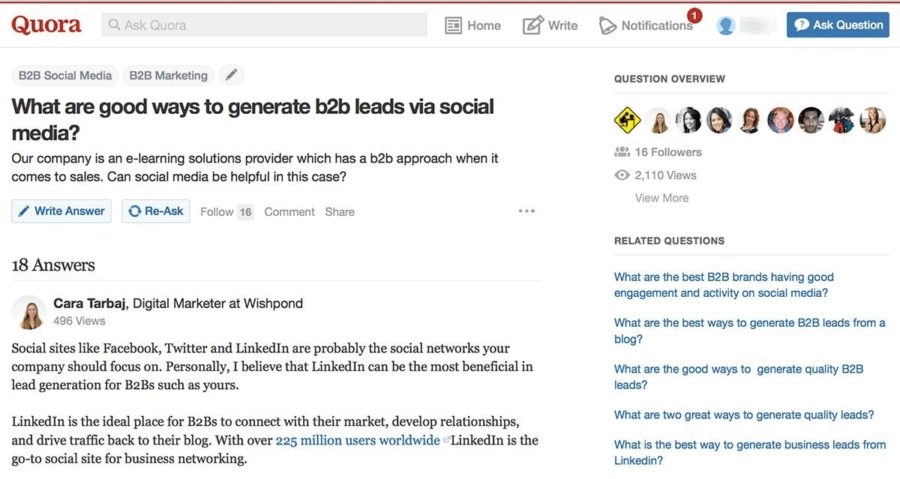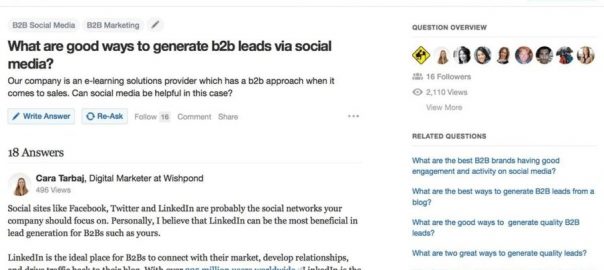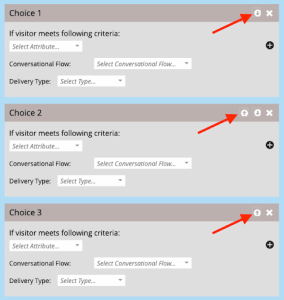— July 6, 2017
A quick look at the four basic types of social media marketers and how they differ in strategy, experience and outreach. Which one are you?
The social media world is filled with plenty of different personality types. If you’ve been in the business for a while, you’ve noticed it’s pretty easy to find specific personas that spring up around skills, strategies, experience and outreach. They’re even easier to identify if you watch the people doing social media marketing (aka social selling) for small business.
I’ve broken social media marketers down into four basic types that might help you identify yourself and others in the social-sphere. Keep in mind many of us can be a mix of these different personas.
1) The Newbie
If you have one year or less of experience promoting yourself or your company on social media, you’re a newbie.
Newbies behave a bit differently from their peers on social media. The differences are noticeable enough that when Social Media Examiner did their 2015 Social Media Marketing Industry Report, they outlined how the length of experience shapes people’s social media marketing:
- Newbies spend less time on social media marketing than their more experienced peers. Those with less than a year on the job spend less than 10 hours per week on social media marketing versus those with five years or more experience spend up to 40 hours.
- Newbies tend to get weaker results. Only 37 % of content marketing newbies said they agreed their work improved sales; 70% of five-year veterans agreed.
We can see this weakness in results from another study of how new content marketers are doing. There’s significant overlap because content marketing includes a lot of social media work.
For that study, newbie marketers made up about 11% of the overall survey respondents. They were described as “doing some aspects of content, but have not yet begun to make content marketing a process.” Only 6% of the content marketers in the young/first steps phase said they were effective at content marketing.
There may be several reasons for this:
- Social media marketing requires skills. Those take time to master.
- New social media marketing programs don’t have a history to leverage. They can’t look back to last year to see what worked and didn’t work.
- Companies new to social media may not yet have large enough audiences to see much traction from their work.
What to do about this:
- Understand you’re in the growth phase. Everybody has to start somewhere. Just because you aren’t seeing results now doesn’t mean they won’t ever come.
- Build your skills. Every little bit of knowledge helps. There’s an enormous amount of free training materials for social media marketing available online.
- Track everything. Build on what is working.
- Put any extra resources into building your audience.
2) The Pro
If newbie social media marketers tend to struggle, pros tend to succeed. The time they’ve invested pays off, in multiple ways according to that same 2015 Social Media Marketing Industry Report.
Of marketers with more than five years’ experience in social media marketing, the following agree or strongly agree they’ve:
- Improved sales as a result of their social media work (70%)
- Generated increased exposure for their business (97%)
- Grown business partnerships (73%)
- Generated more leads as a result of social media(83%)
- Reduced their marketing expenses by using social media (62%). This is really good considering the 2016 State of Small Business Report revealed 63% of small business owners said they invest less than 7 percent of their revenue in marketing.
- Improved their search engine rankings with social media (74%)
And those are just the highlights of the benefits. In short, the longer someone has been practicing social media marketing, the more likely they are to report results with it.
So if you’re in year two or three, and just starting to see real results, keep going. Keep improving your game. The odds are high your results are only going to get better. Someday, you might even become an influencer.
3) The Influencer
Influencers are the power brokers of social media. They have large followings – sometimes more than a million people – that give them their authority.
People with smaller audiences, but still with some influence, are called “micro influencers.” They typically have expertise in a specific subject, or they are followed by a small but very engaged band of people who just love their personality and their social media work.
Influencers get a lot of attention from marketers right now, mostly because their audiences trust them and listen to them. This makes what they say (or don’t say) more powerful than advertising. Just one share from an influencer can blow the doors off your past social media engagement record.

One share about your product from a mega-influencer like Guy Kawasaki ?(@GuyKawasaki) can put you on the map. Guy has 1.47 million followers.
The smaller and less sought-after “micro-influencers” are more within the reach of most of us. They’re well-known in their niches, but not as big of a deal as the influencer celebrities. However, micro-influencers are often the best people to partner with; they’re often more receptive to a pitch because they aren’t getting asked to review or promote something every few minutes.
4) The Rising Star
So you’re not quite a newbie, and you’re definitely not an influencer. You don’t have quite enough time or skills to be a “pro” either.
Welcome to the biggest group of social media marketers -the ones still figuring things out, but making progress all the time.
Rising stars often have decent followings, but not something like you’d see an influencer have. However, because they aren’t driven to build their audiences, they’re often more authentic than influencers are. They can be industry pros, but not always. They’re just nice people, and they understand social media.
Quora is a surprisingly active question and answer site. It gives rising stars an even playing field to show off their expertise. (Image: Quora.com screenshot)
These are the people who share a nice balance of their own content, plus curated content. The rest of what they share is maybe 10% quotes and cats and 10% stuff from their personal life. They’re pretty much doing social media as intended – providing useful content, but sharing it with their own twist.
Rising stars will like you and follow you back. They’ll often comment on your posts or answer your questions on LinkedIn, and if you ask to meet for a cup of coffee at a conference, they’ll probably even say yes. May their tribe increase.

Back to you
Where do you fit among these four types of social media marketers? Do you think we’ve missed a type of social media marketer? Share your thoughts in the comments.
Digital & Social Articles on Business 2 Community
(27)







